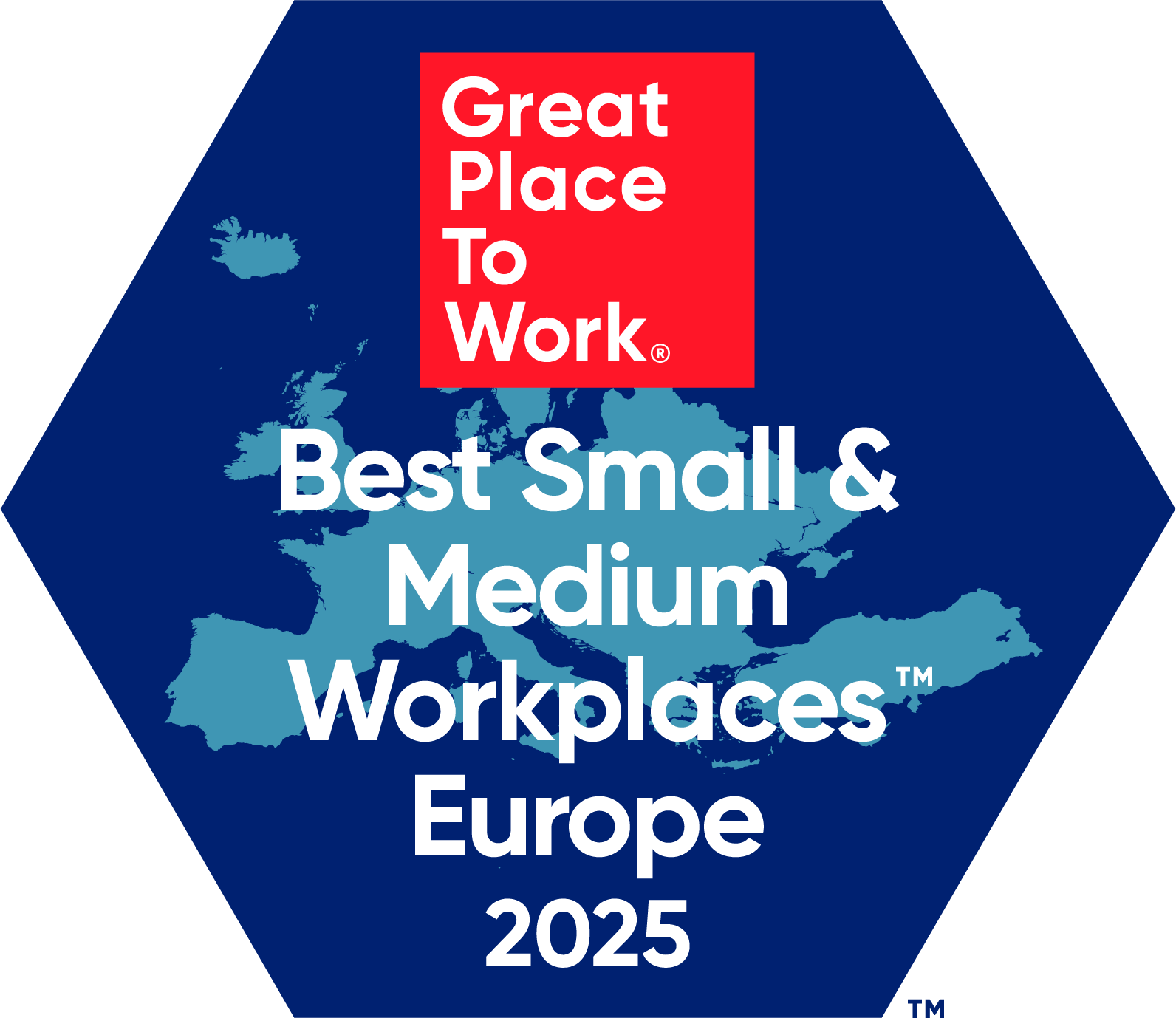

These natural mechanisms that prevent us from collaborating well at work
Collaborating effectively at work is not so natural, and our brains don't make it easy for us! What are these obstacles that are hurting us?
Collaborating effectively is not so natural, and our brains don't make it easy for us! Social interactions are at the heart of daily work, but when they go wrong, the consequences can be serious for employees: emotional overload, misunderstandings, lack of empathy... All obstacles to effective collaboration in the company. However, it is possible to learn to get around the obstacles to collaboration that our brain places in our path, in order to collaborate with serenity!
Barrier 1: Emotions that interfere in our interactions
In daily work, we often see our emotions as parasites: they are not rational and prevent us from working effectively. But it often comes from the fact that we act counterproductively in the face of our emotions: we ignore them or suppress them, thinking that this will allow us to remain professional and effective. However, far from solving our problems, denying our emotions can lead to a phenomenon of emotional overload that has a negative impact on our daily lives. However, our emotions are vital biological tools that help us respond appropriately, and it would therefore be inappropriate to leave them at the door of the company. Of course, it's not about getting upset in the open space but about learning to pay attention to our emotions and to regulate them, in order to take full advantage of them. And good news, emotional regulation can be learned at any age thanks to plasticity of our brain !
Brake 2: First impressions that bias our judgments
It takes less than a quarter of a second for our brain to form an opinion about the level of competence, friendliness or even danger of someone we meet for the first time. The problem is that these first impressions are often wrong, but they still determine the way in which one will behave with others. Faced with this famous thought “With him, I don't have the feeling, I don't feel it”, it is good to question the information we have at our disposal to support our judgment. It's also important to watch out for confirmation bias, which causes our brains to detect and remember only the behaviors of others that confirm our opinion of them. Faced with first impressions, the metacognition, that is, the ability to think about our own thoughts, is your best weapon.

Brake 3: The herd instinct that pushes us to conformity
The human species is said to be social: humans develop and survive thanks to the individuals who surround them. This social dependence endows humans with a strong propensity to attach themselves to a group as soon as the opportunity arises. Problem, we then tend to see the world in Them Versus Us: our brain processes individuals who belong to the same group or not in the same group as us differently. Indeed, we perceive the individuals in our group as being friendlier, more trustworthy, more competent. On the other hand, we naturally have less empathy for people who do not belong to our group. Having double standards in this way can complicate collaboration, making us too lenient or too severe. In these situations, it is important to put our judgments about others into perspective, and to cultivate inclusive behaviors that are beneficial to team spirit.
Make an appointment directly with our eLearning experts for a demo or simply more information.












